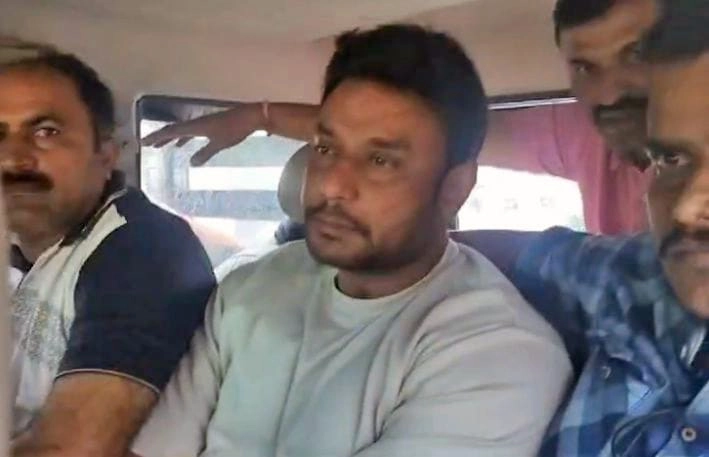A Bengaluru court recently made headlines by denying the jail transfer plea of popular actor Darshan, while simultaneously granting him certain limited concessions during his time in custody. The decision has drawn significant attention from both fans and the media, as Darshan is one of the most prominent figures in the Kannada film industry. His legal troubles have sparked widespread discussions, highlighting the intersection of celebrity culture and the judicial system in India.
The court’s ruling came after Darshan sought to be transferred to a different facility, presumably in hopes of receiving better conditions during his incarceration. However, the judge ruled against the transfer, emphasizing the importance of maintaining the integrity of the prison system and its regulations. While the denial of the transfer might seem harsh to some, the court did recognize the actor’s status and granted him specific concessions. These include the ability to meet with family members and access to certain amenities that are typically not available to inmates, illustrating a nuanced approach to justice that balances public interest with individual rights.
The implications of this ruling extend beyond Darshan’s personal circumstances. It raises questions about how the legal system treats high-profile individuals compared to ordinary citizens. Critics argue that celebrities often receive preferential treatment, while supporters contend that the legal system must also accommodate the unique pressures faced by public figures. The court’s decision to allow limited concessions could be seen as a way to acknowledge Darshan’s celebrity status without compromising the principles of justice and equality before the law.
As the case continues to unfold, it remains to be seen how it will affect Darshan’s career and public image. Fans are closely monitoring the situation, with many expressing their support for the actor, while others voice concerns about accountability and the rule of law. This case not only reflects the challenges faced by individuals within the justice system but also serves as a reminder of the complex dynamics between fame, public perception, and legal proceedings in contemporary society.




